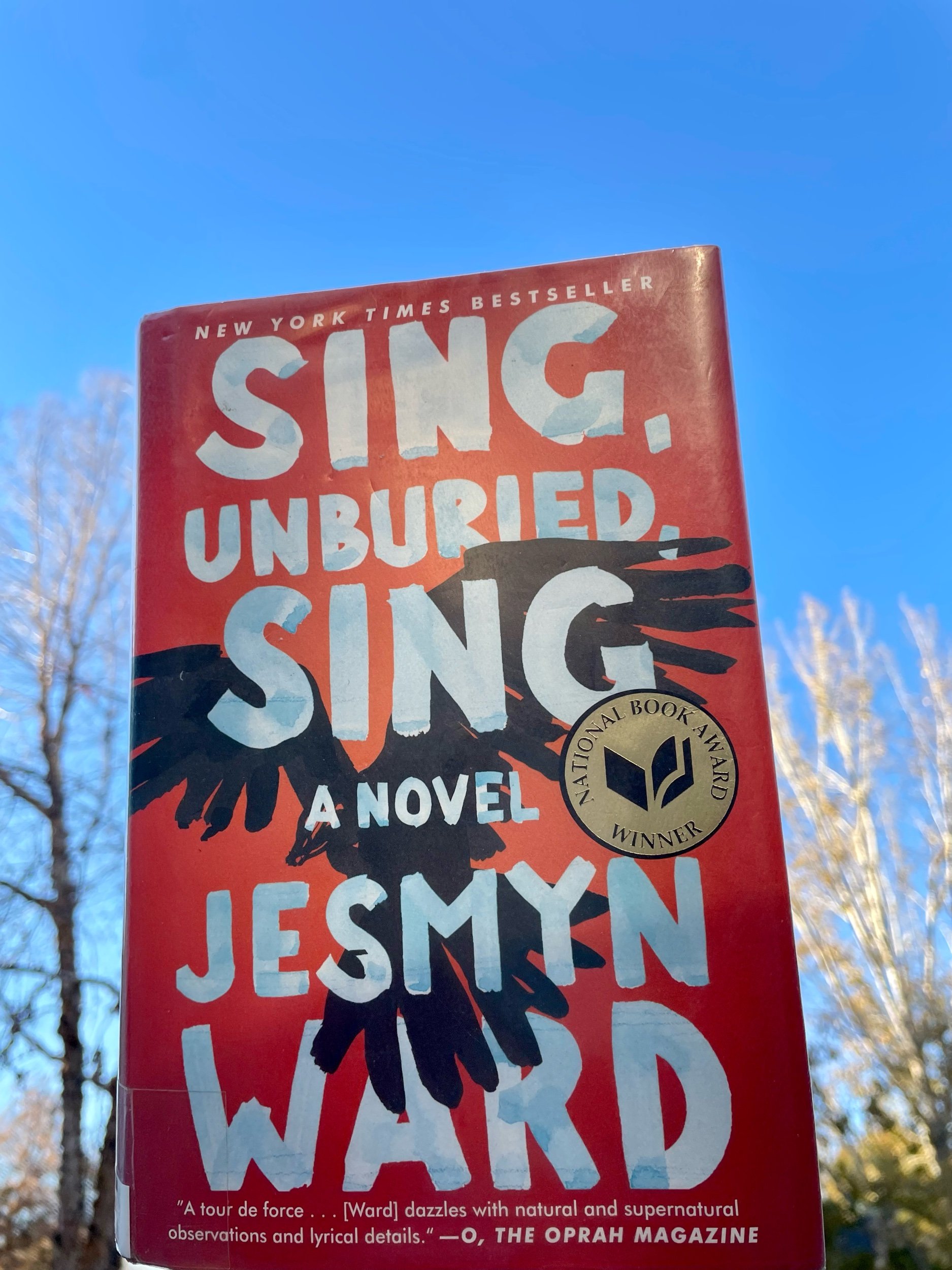Demon Copperhead
So many great stories deserve, or even demand, a second telling. Writers constantly borrow from the great stories that precede them. Many of Shakespeare’s famous tales, originated elsewhere, for example. Likewise, Barbara Kingsolver’s Demon Copperhead (2022) gives a twenty-first-century revision to Charles Dickens’ David Copperfield story. Dickens famously infused David Copperfield (originally published serially in 1849-50, and then as a book in 1850) with autobiographical elements mixed with fictional ones. As a result, it is known to be his personal favorite of all the works he penned. It is a novel that dives into issues of child labor, neglect, and poverty à la the British Victorian lower middle class of which Dickens was himself a product. David Copperfield’s first-person narrative discloses the slights, injustices, disappointments, and challenges he faced from childhood through early adulthood. In Demon Copperhead, Kingsolver relocates the character and general experiences of David Copperfield to the intense poverty of rural American Appalachia in the twenty-first century. Thus, Demon Copperhead brims over with a harshness that feels appropriate, but is nonetheless heartbreaking.
The two novels follow the same trajectory. Both are first-person narratives with their own distinct voices. Both raise a mirror to the ugly childhoods that many contemporary children experience. Having read both recently, Kingsolver’s novel ratchets up the severity of hardships, and places it in the f-bomb laden vernacular of today’s Appalachia. Kingsolver’s Demon faces a litany of abuses, neglects, and trials that are shockingly more dire than those of David Copperfield, and certainly more graphically described. Unsurprisingly, the twenty-first century’s version is by far more grotesquely detailed than the nineteenth-century one. Demon Copperhead is a personal narrative, a coming-of-age story, that explores the very real traumas of many children in this century; just as David Copperfield did for its time. It is raw and real; it is ugly and, yet, like David Copperfield, also somehow hopeful.
Demon Copperhead is Demon’s self-told story, from birth to young adulthood. His tale is not a gentle one. He is the orphan son of a teen mom who struggles with addiction. Addiction is a major theme of the novel; one which touches the lives of every character. Like Dickens’s David Copperfield, Kingsolver’s Demon Copperhead incorporates a wide cast of characters who play important parts in the titular character’s development; some are heroic, some villainous, and many fall somewhere in between. Reading them side by side I could fully appreciate the craft with which Kingsolver constructed her characters and plot points out of the parts laid out by Dickens. Her work is clever and astute. The ways she transcribes a Victorian story into modern day is impressive and thought-provoking. As with Dickens’ protagonist, the reader knows from the beginning that Demon has survived all the horrors he relays; for it is his own story, told in his own words in retrospect, and somehow that knowledge keeps the reader hopeful, optimistically anticipating some semblance of happy endings.
Demon Copperhead is clearly meant to rouse readers to the dire circumstances in which many American children come of age. Kingsolver’s novel opens with a quote from David Copperfield suggesting that the novel that follows might inspire change: “It is vain to recall the past, unless it works some influence upon the present.” She dedicates the book to “the survivors.” In the afterward she expands this statement: “For the kids who wake up hungry in those dark places every day, who’ve lost their families to poverty and pain pills, whose caseworkers keep losing their files, who feel invisible, or wish they were: this book is for you” (548). In essence, Kingsolver’s project is to highlight the contemptible situations in which so many young people must attempt to forge their own path today. Drug use, premature death, parental incarceration, foster care placements, human trafficking, and institutions that exacerbate the challenges faced, are just a few of the deeply troubling and terribly real experiences that Kingsolver’s novel reveals in intimate and heartbreaking terms. Unlike Dickens, whose storytelling was constrained by the times, Kingsolver dives into the nastiest of situations and Demon narrates through scenes that left my gut churning.
Ultimately, Demon Copperhead, is anything but an uplifting read, even as it offers some small rays of hope. It is, however, a deeply meaningful one. Just as Dickens shed light on the difficulties of his time, so too does Kingsolver though her terms and images are certainly more brutal. Through Demon Copperhead we all might experience the very real problems that individual children face daily; as Kingsolver’s dedications and epigraphs suggest, that is perhaps the first step to general social reform. It is no wonder this novel won the Pulitzer Prize for Fiction in May 2023.
Bibliography:
Kingsolver, Barbara. Demon Copperhead. Harper: 2022.
A Few Great Passages:
“All down the years, words have been flung like pieces of shit, only to get stuck on a truck bumper with up-yours pride. Rednecks, moonshiners, ridge runners, hicks. Deplorables” (69).
“And if hard work was crushing it. Addiction is not for the lazy. The life has no ends of hazards, deadly ambushes lying in wait, and that’s just the drugs, not even discussing the people. If I was a fuckhead, I was one that knew how to apply himself. [ . . .] I’d only ever lived one way, by devoting myself completely” (426).






